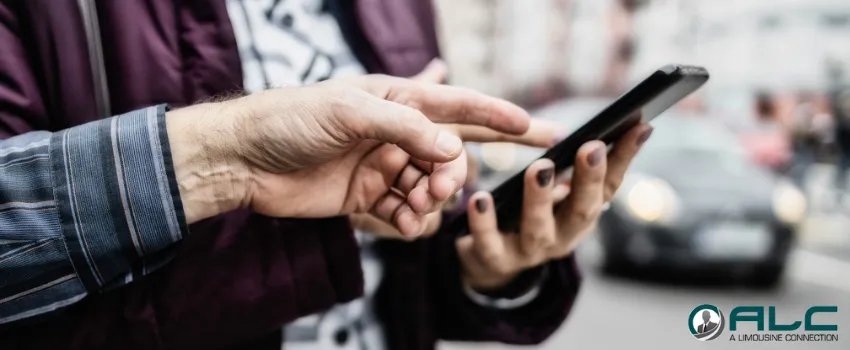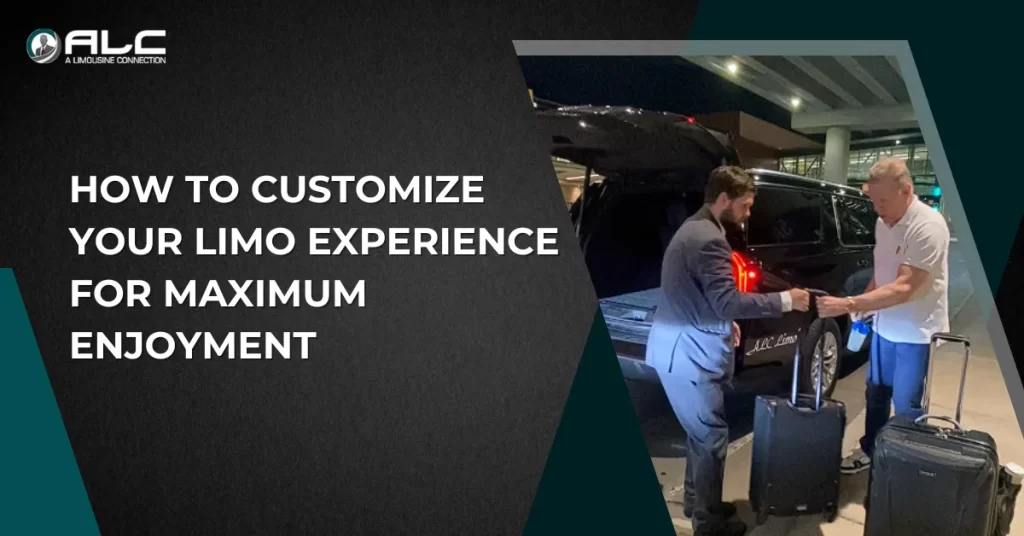The success of an event isn’t determined solely by what happens within its walls but also by how attendees reach the event. Transportation is the first and last touchpoint of an event experience. Efficient and timely transport means no hold-ups, ensuring events maintain their intended pace and atmosphere.
When transport goes awry, it’s often the first thing attendees remember, overshadowing even the best-planned events. As such, smart transport planning is the cornerstone of a triumphant event experience. In the following sections, we’ll take a look at the nuances of event transportation and provide insights and strategies to ensure seamless logistics.
Common Risks in Transport Planning

Organizing an event entails inherent risks. It’s like navigating uncharted water; you never know what obstacles you might encounter. From technical difficulties to unexpected weather, several factors can contribute to the success or failure of your gathering.
1. Financial Risks
Every event planner knows the importance of staying within budget. Surprisingly, event transportation, if not managed properly, can be a silent budget buster. Beyond immediate costs, bad transportation experiences can deter attendees from returning, affecting future revenues. The financial success of an event doesn’t solely lie in its programming but also in the seamless commute of its participants.
2. Reputational Risks
When transportation issues arise in events, the repercussions aren’t just immediate; they echo into the future. Disgruntled attendees have powerful platforms to share their experiences, and negative stories can spread rapidly. Such narratives can erode the hard-earned reputation of events. Ensuring transportation runs without a glitch is more than logistics; it’s about preserving the public image of both the event and the event holder.
3. Operational Risks
Many event planners often overlook the intricate dance of transportation logistics. Transport-related delays can throw off the entire event schedule, causing cascading disruptions. Inefficient coordination between venues, transport providers, and attendees can lead to confusion and wasted time. Such operational hitches not only inconvenience attendees but can also strain the resources and energy of the event team.
4. Safety and Security Risks
Sometimes, skimping on transport planning isn’t just inconvenient—it’s hazardous. Inadequate transport arrangements can lead to overcrowding or unsafe conditions for attendees. Without thorough planning, events may be vulnerable to security breaches, as control points can become overwhelmed. Ensuring safe and secure transportation isn’t merely about efficiency; it’s a fundamental responsibility to protect attendees and uphold the integrity of events.
The Major Obstacles of Event Transportation

Transport planning and coordinating transportation for a significant event can be a complex task. Several obstacles can hinder the smooth execution of your event transportation plans. Let’s take a closer look at the most common challenges in managing event logistics:
1. Infrastructure Limitations
While often chosen for their appeal, event venues might pose transportation challenges. For example, a remote location can limit road access, causing bottlenecks or congestion. Moreover, surrounding infrastructures might not support large traffic inflows, leading to potential delays. If public transport options are sparse or non-existent, attendees might face difficulties reaching the venue, making infrastructure considerations a pivotal aspect of transport planning.
2. Volume and Flow of Attendees
Large events come with the challenge of transporting many attendees efficiently. Predicting the volume and flow of attendees is vital to ensure transportation resources are adequately deployed. If not managed effectively, buses might be overwhelmed, parking lots may overflow, and public transit could become congested.
3. Communication Barriers
Miscommunication can be a significant roadblock in the realm of transport planning. Clarity in relaying information ensures attendees have the correct details on routes, timings, and pick-up points. Ambiguous instructions can result in attendees being lost or stranded, creating logistical nightmares. It’s imperative to remember that smooth transportation hinges on vehicles and routes and on precise and timely communication.
4. Environmental and External Factors
Unforeseen factors like weather can sometimes throw a wrench into the best-laid transportation plans. A sudden storm or heavy snowfall can lead to delays, cancellations, or even unsafe travel conditions. Additionally, these weather conditions can cause accidents or unexpected road closures, which can further disrupt transportation flow. Event planners must anticipate these environmental and external challenges and prepare contingency plans to navigate and adapt to such unpredictable situations.
5. Coordination and Logistical Challenges
Logistics in event planning is often a complex dance involving various modes of transportation and stakeholders. It’s about ensuring buses, cars, and public transport systems work together seamlessly, without hitches. Coordinating timings and routes necessitates thorough planning and open communication between all parties.
Best Practices to Overcome Event Transportation Challenges
Extensive event venues, heavy traffic, and coordinating schedules pose significant challenges to event transportation. Failure to address these obstacles effectively can have detrimental effects on your event. Here are some of the major challenges of transport planning you should be wary of:
1. Proactive Planning and Research
Modern technology can be a true ally in ironing out the wrinkles of event transportation planning. Starting with early assessments allows planners to forecast potential issues and create robust strategies to tackle them. Leveraging technology facilitates better route planning and enables real-time coordination and adjustments. Thus, embracing a proactive approach fueled by research and technology can significantly enhance the efficiency and safety of event transportation.
2. Clear and Consistent Communication
Establishing seamless communication between event planners and transportation is pivotal for the success of events. Utilizing clear signage, providing regular updates through event apps, and designating information points are effective strategies to keep attendees in the loop.
Additionally, offering dedicated helplines or chat support can address on-the-spot queries and concerns. A well-informed attendee is a satisfied attendee, and clear, consistent communication is the key to achieving that.
3. Flexibility and Contingency Plans
Since detecting all unforeseen factors is impossible, it’s best to develop a flexible approach when planning event transportation. Unpredictable challenges may arise that can have negative impacts on your transport planning, from sudden weather changes to unexpected road closures. Having contingency plans ensures events can adapt swiftly without causing significant disruptions. Preparedness for the unexpected mitigates potential issues and instills confidence in attendees, ensuring their experience remains positive regardless of hiccups.
4. Collaboration with Transport Providers
Event transportation planning requires a wise choice in partnering with proficient transport service providers. These partnerships can be a cornerstone in establishing a well-organized and hassle-free transportation system for any event. With their assistance, it becomes easier to maneuver through potential traffic issues and ensure attendees arrive at the venue conveniently and safely.
Key Takeaway
Successful event planning requires careful consideration of every possible scenario. While it’s impossible to predict and prevent every mishap, addressing potential risks, including poor event transport planning, can significantly reduce the chances of things going wrong.
Remember, a single misstep in transportation can have far-reaching consequences, impacting the attendance and enjoyment of your guests and potentially damaging your reputation. By taking proactive steps to plan for the unexpected and provide a seamless transportation experience, you’ll set the stage for a successful gathering and create lasting memories for all who attend.
Make Your Next Event a Smooth Ride with A Limousine Connection
Ready to ensure stress-free transportation at your next event? A Limousine Connection offers the most reliable meetings and event transportation in Brighton, UT, and we’re prepared to make sure your event transportation functions smoothly and efficiently. Reach out to A Limousine Connection and start transport planning today!




